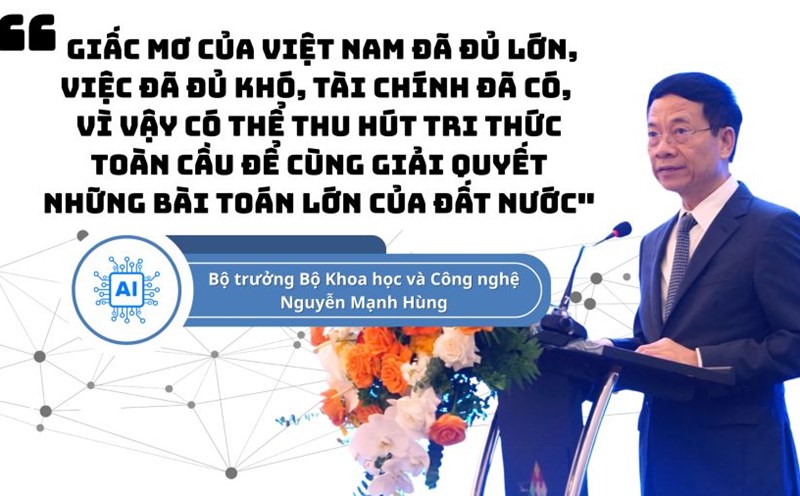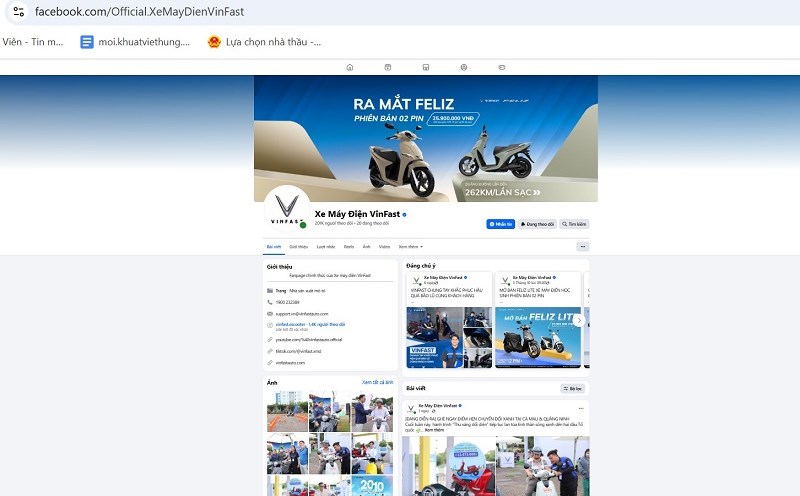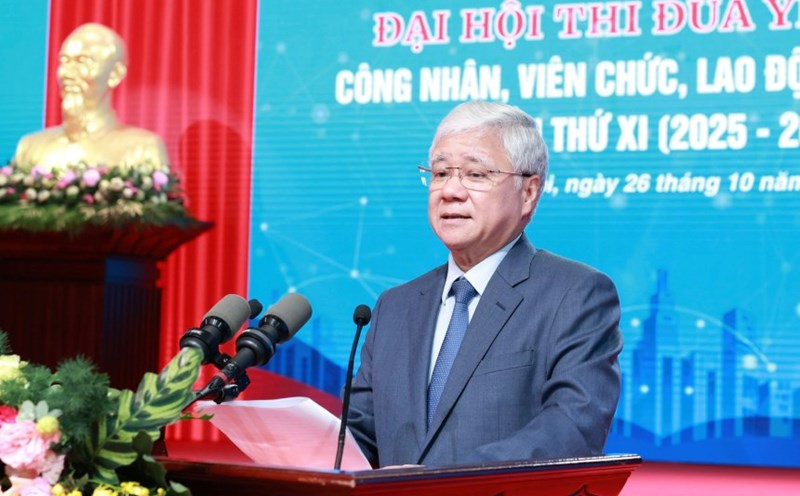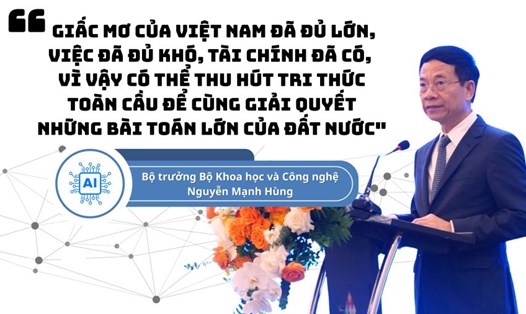According to Manpower, in 2023, 77% of companies participating in the global survey reported a shortage of talent and difficulties in recruitment, reaching a record high in the past 17 years. By 2025, this rate will remain at an alarming level: 74%.
To expand the source of candidates, businesses are loosening or eliminating degree criteria. Instead, they prioritize considering the skills accumulated from previous life and work experiences, practical assessments ( witness work) along with natural leadership qualities.
Resetting the criteria for finding and recruiting suitable personnel is the first step to provide equal opportunities for all workers, while meeting the urgent need for skilled talent. A university degree is still important, but it should only be one of many factors to consider.
In the context of the skills needed for success changing rapidly, having a more comprehensive view of the skills and abilities of candidates is a must.
Manpower Company offers 3 specific steps (not the only) that organizations can take to become a talent creator.
Recruitment based on learning ability
It is necessary to speed up the training and skills improvement process (reskilling) for current employees to build a future- ready workforce, while attracting those who have not participated in the labor market. Focusing on learning (learnability) in recruitment is the best way to prepare for all new jobs and skills that will be necessary in the coming years. Requiring a work testimonial in the application can reveal how individuals adapt to changes, learn quickly and overcome challenges in the real environment.
Awarding opportunities based on potential capacity, not past achievements
By recruiting based on potential instead of past work experience, businesses can solve the shortage of talent, while taking advantage of unique experiences, skills and innovative thinking. Thanks to that, they can develop and promote internal personnel, saving time and recruitment costs from outside.
Regularly discuss with staff about career development
Not only do they help foster a learning culture in the business, conversations like this are directly correlated with employee cohesion and productivity. Workers often express that they will be more attached to their work if their managers regularly have conversations to share experiences about career development opportunities with them. By encouraging and focusing on development, organizations will create a working environment where everyone participates more actively, works more effectively and focuses on personal career development.











